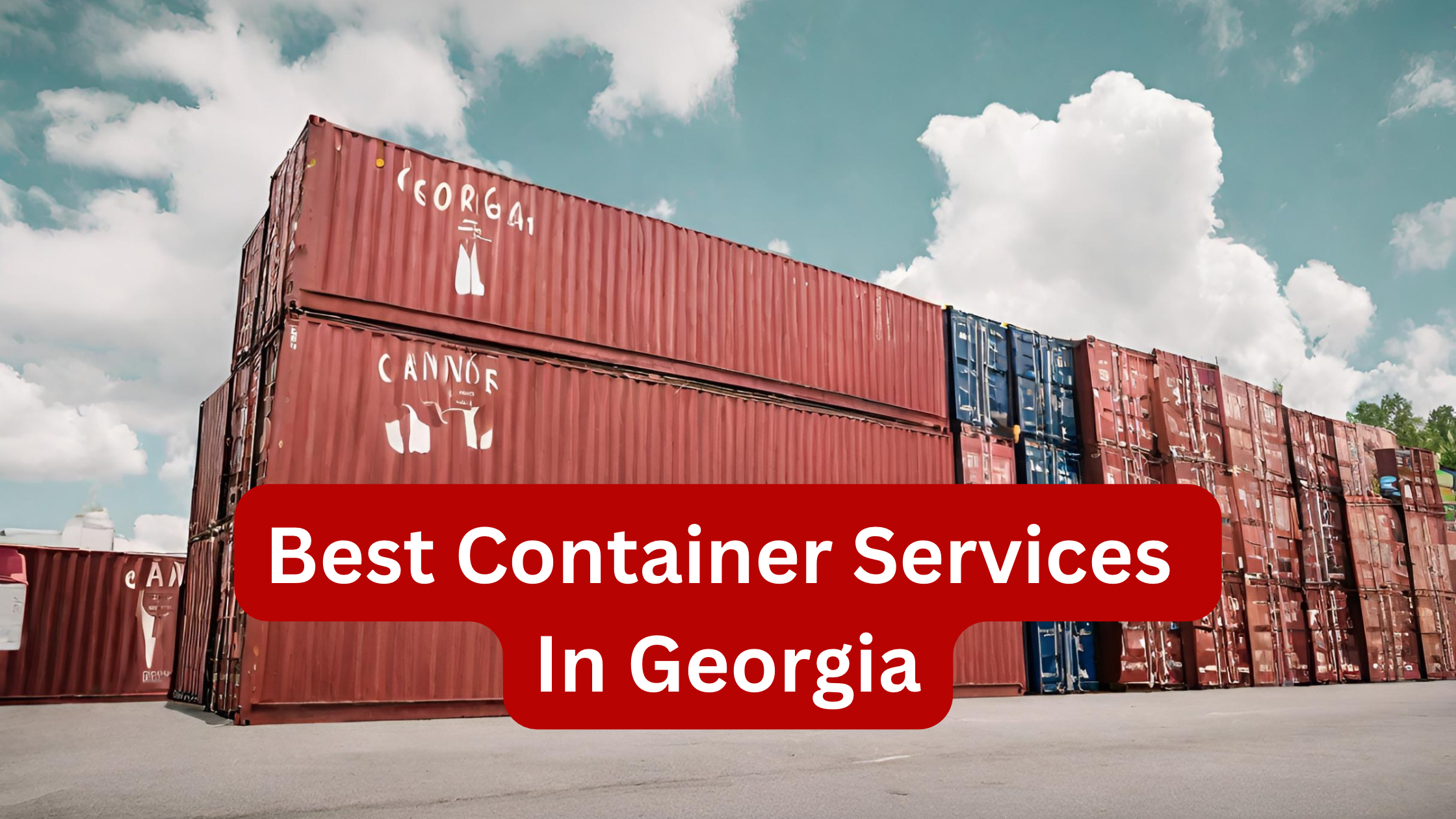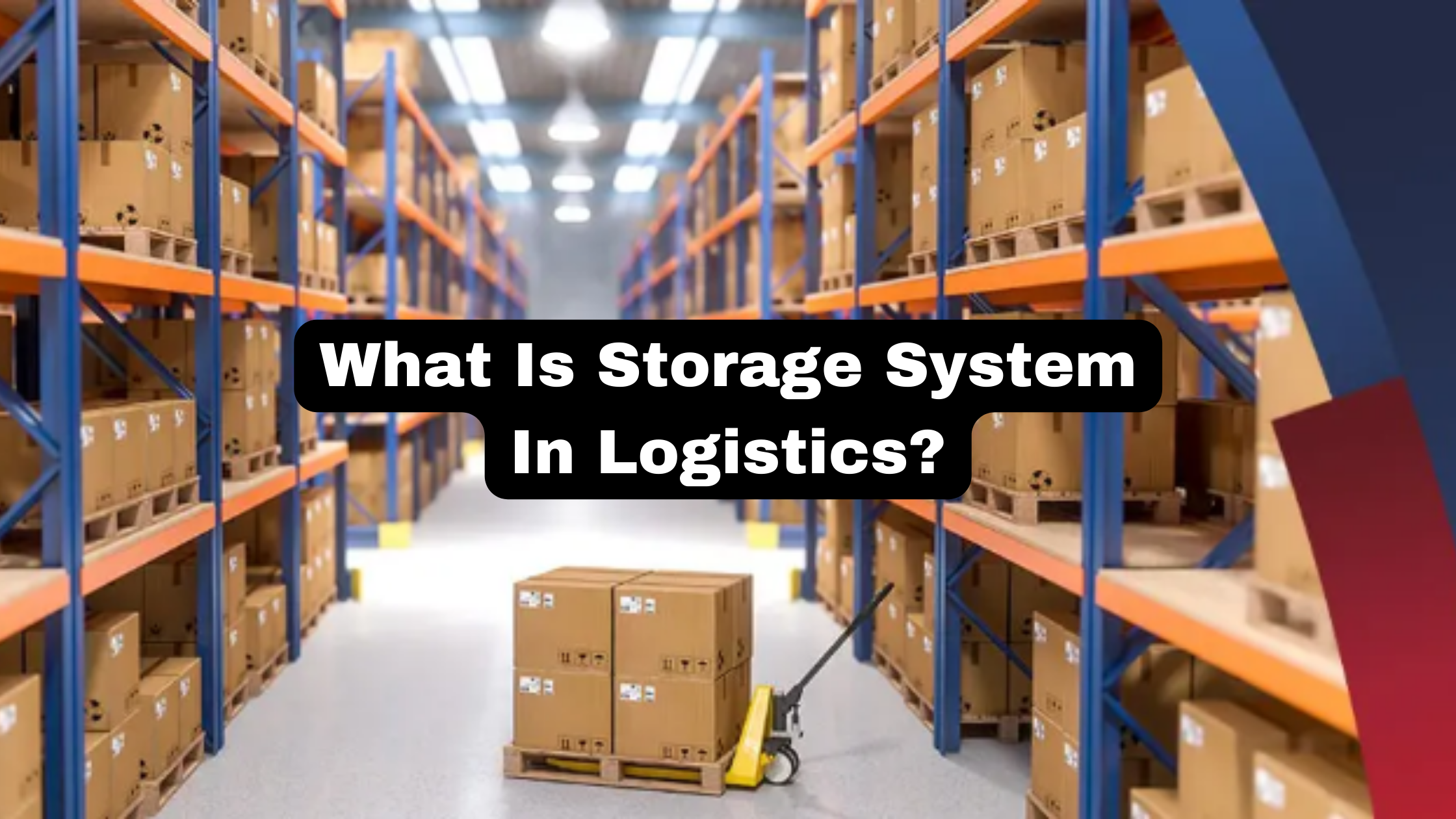International trade is vital to the health of the world economy in today’s globally connected world. To ensure seamless flow of goods across borders, businesses that perform import and export activities rely largely on effective logistics and transportation services.
Shippers would be compelled to shoulder the voluminous logistical burden of supply chain management if international goods forwarders didn’t exist. If that happens, shippers’ ability to play their crucial role in the global market, that is to sell commodities, will be affected.
So today, we’ll take a look at what International freight forwarding services are and how they can help businesses around the world.
What Is Freight Forwarding?
Within the industry, freight forwarders are occasionally referred to as “travel agents for cargo” or “architects of transport.” These descriptions are pretty realistic for sentences that fit in a pocket. Like a travel agent, a forwarder plans and schedules freight voyages and creates the necessary paperwork to guarantee a smooth voyage.
As architects, their job is to draw lines and connect the dots on their ‘blueprints’, which for goods forwarders are diagrams of the movement of goods and information along intricate supply chains.
In a nutshell, freight forwarding involves organizing and documenting intermodal cargo transit on behalf of shippers.
The International Freight Forwarding Market [2021-2031]
According to Statista’s research, the freight forwarding market size in 2021 stood at 192.5 billion USD, worldwide. The market is expected to hit the 285.15 billion USD mark by 2031, and is expected to reach 208.24 billion USD in 2023.
An industry with a market size so huge, definitely brings exceptional value to businesses. Let’s look into a few critical benefits international freight forwarding service can offer.
Pros of Using International Freight Forwarding Services
Are you wondering why you should incorporate the services of freight forwarders in your logistics plan? Well, following are some critical areas where international freight forwarding services offer a helping hand to businesses focused on growth:
Inventory Management
Major components of supply chain management include warehousing and warehouse management. The arrangement, upkeep, and storage of inventory are the very minimum of what warehouse services comprise, but the job description could also include business support for purchasing and production.
While some forwarders provide these services in-house, the majority contract out these tasks to other experts in warehouse management.
Scheduling
It is the responsibility of forwarders to reserve cargo space for shipments, typically employing multiple modes of transportation. All parties engaged in a supply chain, such as suppliers, manufacturers, carriers, warehouse providers, and more, must carefully coordinate in order to achieve this.
Effective planning is crucial for reducing risk because getting commodities to market is time-sensitive and travel arrangements are prone to delays. Carriers’ restricted cargo space makes the task much more challenging because it frequently leads to higher freight costs.
Not to mention that there are additional scheduling challenges associated with vacations and peak seasonality.
Documentation
Freight forwarders incur a significant administrative load on behalf of their customers. Letters of credit, bills of lading, receiving reports, inventory reports, and all customs documents (commercial invoices, customs invoices, carrier waybills, certificates of origin, permits, etc.) are just a few of the important papers that forwarders are trusted with at various points in the flow of a supply chain.
Customs
Customs brokerage is a very complex field. Documentation that complies with customs requirements must be produced with extreme care and extensive understanding of international law. In addition, you need a license to do it.
Today’s forwarders can serve all of your logistics needs under one roof because many of them double as customs brokers. A forwarder will also offer exporters strategic advice on compliance requirements, labeling and packaging, probable shipping challenges, and other topics.
Networking
One can contend that a forwarder’s network of favored partners is its only real asset. Forwarders offer more connections than only air and sea travel. Additionally, they create and uphold connections with shippers, port authorities, and other forwarders.
Fast shipments are made possible by good partnerships, which also increase the possibility that you will receive favorable shipping rates.
Therefore, forwarder connections can improve a supply chain’s bottom line value in addition to reducing overall friction between supply chain stages.
Networking is one of the most valuable tasks that forwarders do since, without strong partnerships, it would be practically impossible to compete in the market with shipping giants like UPS and FedEx.
Negotiation
Negotiating freight rates can be like walking a tightrope. The best forwarders are those who can strike a balance between maintaining reputable relationships and engaging in astute deal-making, even if the latter necessitates keeping their company open to offers from other carriers. Priority number one, after obtaining cargo space, is making sure that shipping charges are competitive.
Conclusion
Services for international goods forwarding are essential to the efficient operation of global supply chains. Freight forwarders make complicated logistical processes simpler, speed up customs clearance, and guarantee the timely and secure flow of goods across borders by utilizing their knowledge, networks, and skills in the field. They offer a wide range of services, including risk management, supply chain visibility, freight consolidation, and document management. Businesses that work with reputable, knowledgeable goods forwarders enjoy increased productivity, lower expenses, and decreased dangers related to global trade. International freight forwarding services are still crucial for businesses in an increasingly interconnected world to negotiate the challenges of global logistics and capture possibilities in global marketplaces.








